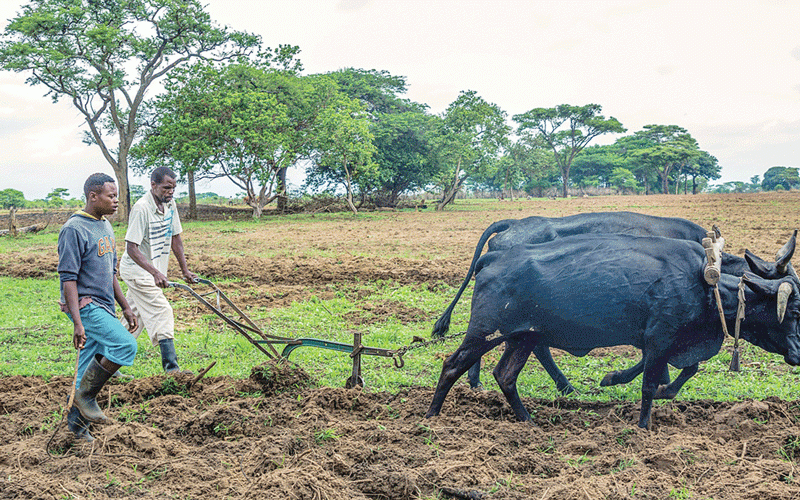
GOVERNMENT has said it is working on boosting the smallholder farming sector to guarantee national food security and poverty alleviation.
The efforts come at a time when African economies are diversifying, with most of the food in the region being generated by farms that are only a few hectares in size, while most Africans still depend on crops and livestock production for income.
Research has further indicated that across the region, there is a strong link between fighting hunger, poverty and improving productivity and incomes on smallholder farms.
Speaking to journalists on the sidelines of a recent media tour in Mutoko organised by the Japan International Cooperation Agency (JICA), Agricultural Advisory and Rural Development Services chief director Obert Jiri said the smallholder farming sector was an integral part of boosting national food security.
“Smallholder farmers make the bulk of our farmers in Zimbabwe and in terms of food contribution; they contribute at least 70% to 80% of food in Zimbabwe,” he said.
“Their challenges are mainly exogenous, meaning climate change, external inputs. If we can manage to climate-proof and input-proof the smallholder farming sector, it means we ring fence 70% of our production as a country
“Imagine if every household has surplus food, the 2,2 million households across the country, if they have surplus food, it means they can also feed those in towns.”
Jiri said the bulk of the country’s cereal is from the smallholder farming sector.
- Mavhunga puts DeMbare into Chibuku quarterfinals
- Bulls to charge into Zimbabwe gold stocks
- Ndiraya concerned as goals dry up
- Letters: How solar power is transforming African farms
Keep Reading
“The bulk of our small traditional grains are definitely from this sector, if we can climate-proof this and make sure that they get appropriate fertiliser in time, good seed on time, that will make sure that production in the smallholder sector is climate proofed,” he said.
Jiri also said due to the country’s power situation, there was a need to have more robust mechanisms in place to ensure the success of smallholder farming.
“Because of the power challenges we have, we have to go the route of renewable energy which means that we invest more in solar-powered irrigation schemes and we also need to have more irrigation systems,” he said.
JICA resident representative Kyosuke Kawazumi pledged support for the smallholder farming sector and said he believed it was the key to a sustainable agricultural economy.






